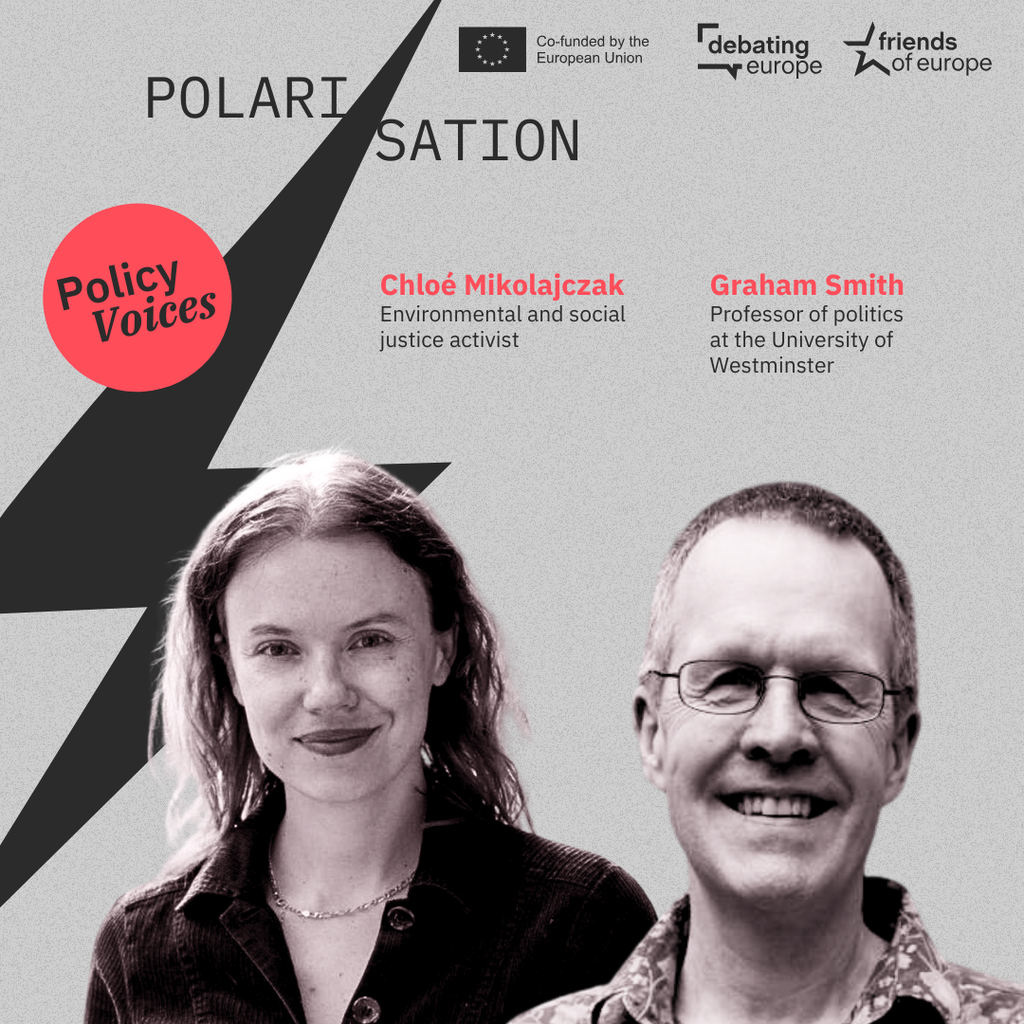Climate and Energy Summit 2025
Next event In person & livestreamed

- Area of Expertise
- Climate, Energy & Natural Resources
Climate, Energy & Natural Resources

Chief Negotiator for Climate Change, Singapore
In December 2020, the Association of Southeast Asian Nations (ASEAN) and the European Union (EU) welcomed a new chapter in their longstanding and multifaceted relationship by elevating relations to a strategic partnership.
Both partners are working urgently to address one of the most pressing challenges of our time – climate change. Home to more than 1.1 bn people, ASEAN and the EU have an inherent interest to cooperate and find ways to minimise the impact of climate change, while capitalising on the benefits of the transition to a low-carbon and climate-resilient future.
There are five key areas of convergence and action.
First, as strategic partners with a shared interest in the multilateral system, ASEAN and the EU need to continue to strongly advocate for a multilateral, rules-based approach to addressing climate change. Although global efforts currently fall short, the Paris Agreement is our best bet to address the climate crisis. It sets out the framework for global climate action, with a built-in review cycle to ramp up ambition every five years.
Cooperation and support are key
Cooperation and support are key. The immediate priority is to encourage all countries to work towards their Paris obligations, from submitting ambitious pledges and long-term strategies to sharing concrete implementation plans to achieve individual goals. Close cooperation with the EU is essential to push for the full and effective implementation of the Paris Agreement and to support regional efforts in policy preparation and implementation.
Second, both sides offer valuable insight into effective measures to incentivise companies and consumers in switching to carbon-friendly products, services, and activities, whilst promoting industry innovation and green growth. As the Country Coordinator for ASEAN-EU dialogue relations from 2018 to 2021, Singapore co-convened the inaugural ASEAN-EU High-Level Dialogue on Environment and Climate Change in July 2019 and a second session in November 2020, which saw all participants sharing best practices and exchanging ideas for closer collaboration.
There is scope to deepen these exchanges. For example, there is emerging interest within the Southeast Asia region in implementing a carbon price. Singapore and the EU, among the first to introduce carbon pricing systems, can work together to share their experiences with the region. There is also potential to leverage the EU’s established carbon services ecosystem to develop carbon services and solutions in ASEAN member states.
Third, in order to facilitate the transition to a low-carbon future and achieve the Paris goals, both partners need to collectively promote and advance needle-moving clean energy technologies and solutions, such as low-carbon hydrogen. ASEAN and the EU are already working closely to enhance energy cooperation through the Enhanced Regional EU-ASEAN Dialogue Instrument.
Climate change is a global problem that requires a concerted international effort
But we can do more. The EU published its hydrogen strategy in July 2020 and is seeking to lead and pioneer new technologies. ASEAN member states, and in particular Singapore which has comparatively less access to renewable energy, are ready to tap into the EU’s expertise and collaborate with the EU and its member states on pilots and demonstration projects, especially in the development of supply chain networks and standards. These clean energy solutions will help accelerate the decarbonisation drive in the region.
Fourth, both sides must enhance adaptation action to prepare for the future impacts of climate change. The Southeast Asia region is one of the most vulnerable and disaster-prone regions of the world. The EU’s launch of a €10mn programme to enhance the capacity and sustainability of the ASEAN Coordinating Centre for Humanitarian Assistance on Disaster Management will contribute greatly to strengthening disaster management. Moreover, the EU’s Strategy on Adaptation to Climate Change, which inter alia aims to step up international action and support, can serve as a further impetus for closer ASEAN-EU collaboration to reduce the region’s vulnerability and strengthen its adaptive capacities and resilience.
Fifth, it is imperative to allocate the necessary capital to support the region’s transition to a more sustainable and low-carbon future. To sustain economic development and eradicate poverty while mitigating carbon emissions, Asia needs US$1.7tn per year in investments for sustainable infrastructure through 2030. The EU can play a key role in catalysing the necessary capital to plug these financing gaps. The EU and European development banks’ support in co-financing more than half of the US$1bn mobilised by the ASEAN Catalytic Green Finance Facility is a welcomed start.
An international financial hub in the heart of Asia, Singapore is well-placed to support Asia’s sustainability journey through green finance. Having launched a Green Finance Action Plan in 2019, which includes a US$2bn Green Investments Programme and initiatives to develop green financing solutions and markets, Singapore continues to build sustainable capital markets in ASEAN through capacity-building, improving transparency and disclosures, as well as developing standards. As a member of the EU-initiated International Platform on Sustainable Finance, Singapore is also well-positioned to advance international cooperation on initiatives to mobilise private capital towards environmentally sustainable investments.
Climate change is a global problem that requires a concerted international effort. Singapore is committed to working with the EU and its member states, fellow ASEAN member states and other countries and stakeholders to support global efforts to combat climate change and the transition to a more sustainable, low-carbon and climate-resilient future. As newfound strategic partners, ASEAN and the EU should seize this opportunity to play a leading role in addressing this challenge – together.
Next event In person & livestreamed

Past event In person & livestreamed

Past event In person & livestreamed

Past event In person & Livestreamed





Stay informed
We use cookies and similar technologies to adjust your preferences, analyze traffic and measure the effectiveness of our campaigns. Learn more about our privacy policy.